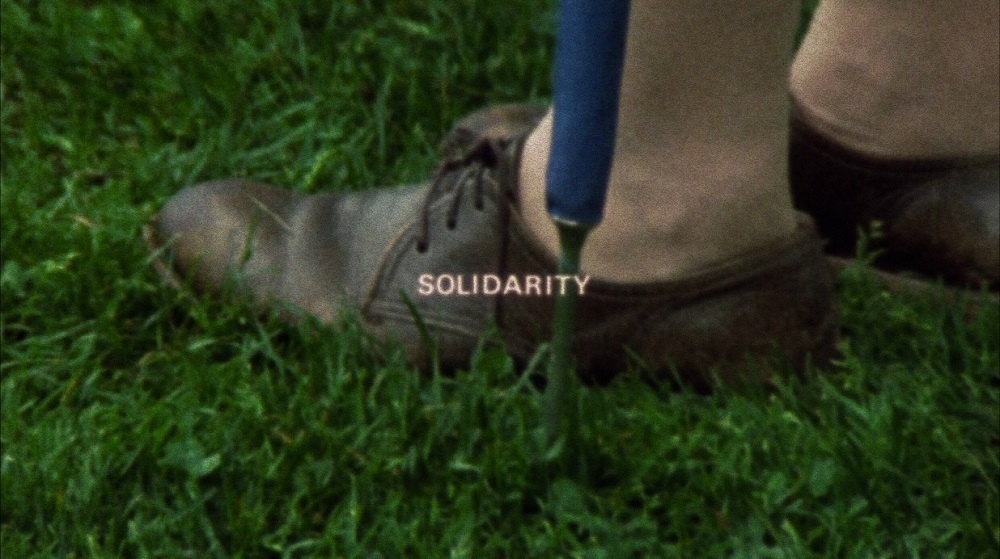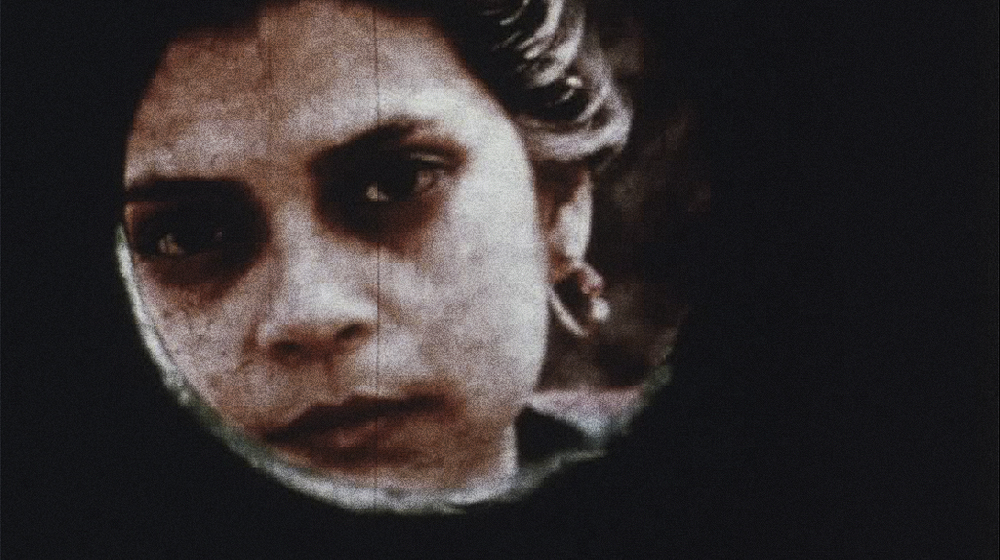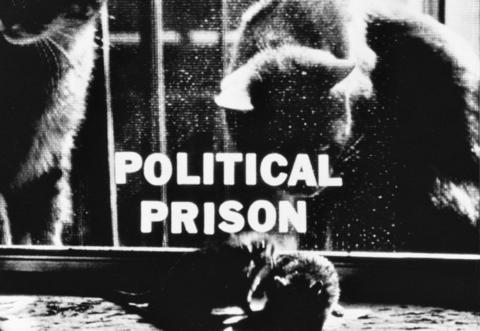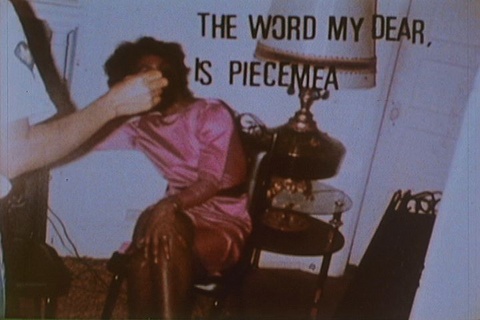Starting in the 1960s, Óscar Menéndez documented the peasant and worker mobilizations, the student movement and the Tlatelolco massacre. Under his coordination, Historia de un documento is the result of an attempt to communicate internationally the situation of the political prisoners of ‘68. With the help of colleagues and family, he sneaked a small Super-8 camera into the prison and, for several months, on visiting days, they brought in and took out the exposed rolls. With a naturally imperfect technique, they vividly record the steel bars and the meetings in the corridors, but also the scratches and the dust. In 1970, Menéndez travelled to Paris and managed to produce the film with the help of Jean-Paul Sartre and the ORTF channel. In spite of this, it was not officially screened, as both the Mexican and the French governments censored it.
In the case of Solidarity, 5,000 people demonstrated in April 1973 in support of the Dare biscuit factory workers’ strike. Unlike Menéndez’s film, we are not inside a prison, but by choosing an equally confined frame Wieland also invites us to protest the work of appearances. Faced with footsteps and legs, grass or asphalt, songs, encouraging speeches or murmurs and laughter, trying to inhabit the place of these struggles necessarily implies recomposing our sensitive universe.
Solidarity, Joyce Wieland, 1973, 16mm, 10 min; Historia de un documento, Óscar Menéndez, 1971, 16mm, 50 min.
16mm screening.
Copies provided by Light Cone and Arsenal, respectively.
Acknowledgements: Óscar Menéndez and Emiliano Menéndez.




